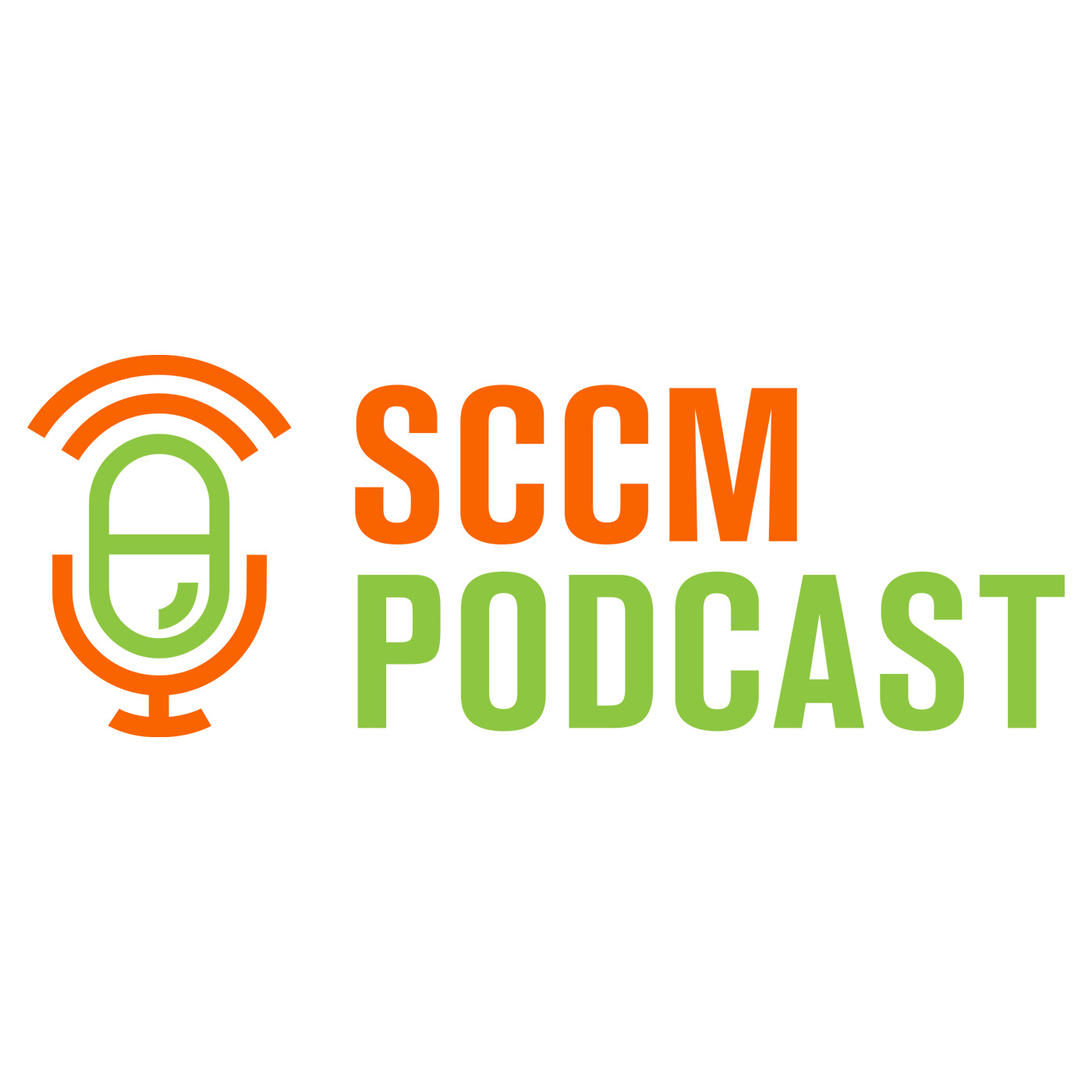
SCCM Pod-538: Leading With Purpose: Career Growth and Well-Being

SCCM Podcast
Deep Dive
Shownotes Transcript
Traditional career development frameworks often overlook the importance of well-being. This podcast episode emphasizes why wellness is essential to building a sustainable and fulfilling career. Host Kyle Enfield, MD, FCCM, is joined by Jennifer Duncan, MD, and Raquel Cabral, PhD, CPH, to explore how team members and leaders can integrate personal values, connection, and purpose into career decision-making.
Dr. Duncan, director of wellness for graduate medical education (GME), and Dr. Cabral, a staff psychologist for GME, both at Washington University School of Medicine, share insights from their work supporting trainees’ personal and professional growth. Together, they explore the nuanced meaning of well-being—not as constant happiness, but as a sense of satisfaction and alignment with a person’s values, even amid challenges.
The conversation highlights the importance of helping team members identify and live by their personal values as a foundation for career satisfaction. Dr. Cabral distinguishes between goals and values, underscoring that, while goals can be achieved or not, values guide how a person shows up in all aspects of life. She outlines how residents and other early-career professionals can uncover values by reflecting on meaningful or difficult work experiences. These reflections can then guide decisions about clinical rotations, job searches, and leadership opportunities.
Dr. Duncan emphasizes how small but intentional adjustments—such as carving out just 20% of one’s time for personally meaningful work—can protect against burnout. Both guests discuss the critical role leaders play in supporting well-being, from understanding each team members’ values to fostering a strong sense of community.
They refer to The Burnout Challenge (Maslach C, Leiter MP. Harvard University Press. 2024), which outlines six workplace drivers of burnout, including mismatches in values.
Finally, the episode highlights the work of the Mayo Clinic’s Colleagues Meeting to Promote and Sustain Satisfaction (COMPASS) Groups. The COMPASS randomized clinical trial (West CP, et al. Mayo Clin Proc. 2021;96:2606-2614)) evaluated a small group established to promote well-being. The group was provided discussion topics without trained facilitators. Protected time was not provided but meal expenses were compensated. This model showed positive outcomes in reducing burnout and strengthening collegial connections.
This episode is part of SCCM’s Leadership, Empowerment, and Development (LEAD) series and offers actionable insights for anyone invested in building healthier, value-aligned medical careers.